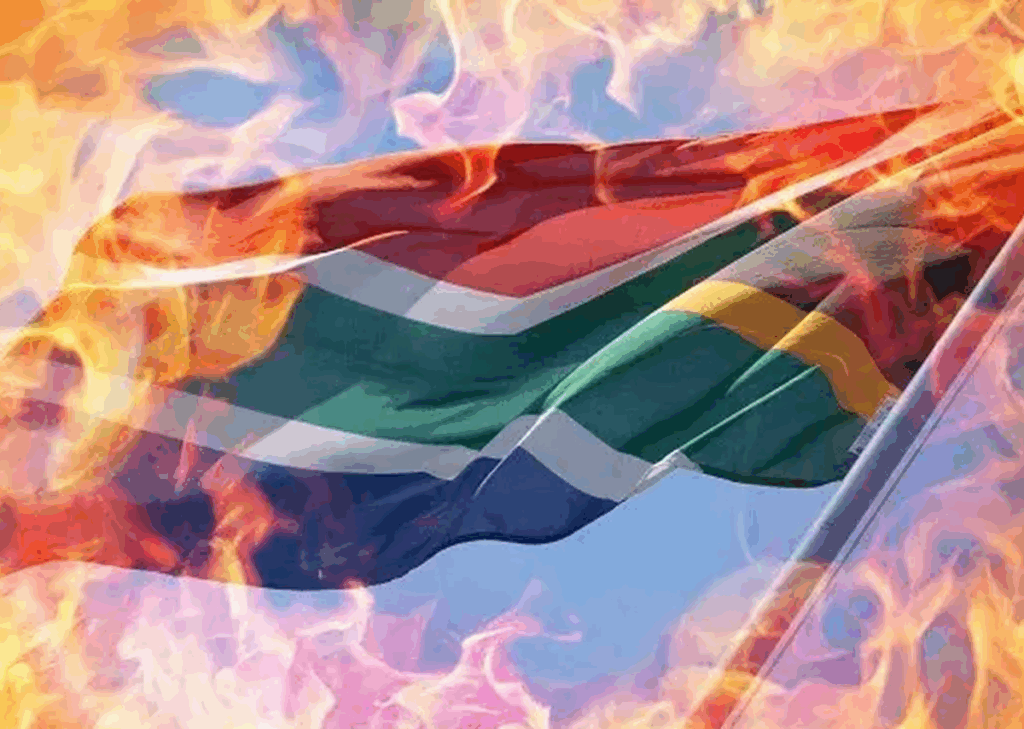Deadly Attacks and Arson
In the latest outbreak of violence, two e-hailing vehicles were ambushed by armed suspects at a mall entrance late Wednesday night, leaving one person dead and two others injured. According to police reports, four gunmen opened fire on a driver before setting his car alight.
This attack follows another shocking incident earlier in the week, where protesters petrol-bombed a Home Affairs office in Germiston during clashes with police. Two suspects were arrested and are expected to appear in court soon.
A Culture of Violence?
Professor Sethulego Matebesi, Associate Professor and Head of Sociology at the University of the Free State, argues that South Africa’s current wave of lawlessness stems from decades of socio-economic neglect, political disillusionment, and a justice system perceived as ineffective.
“Violence has become acceptable, even necessary, in some communities,” Matebesi said in an interview. “South Africans have learned that the government often only responds when there is destruction. But this is not something we should condone.”
He pointed to historical factors, including the country’s apartheid-era legacy of violent resistance, which has morphed into a post-1994 trend where citizens torch schools, clinics, and government buildings to demand services.
Failed Engagement, Rising Frustration
Matebesi emphasized that many communities exhaust formal channels—petitioning ward councillors, municipal officials, and provincial leaders—before resorting to violence.
“In most cases, there is a paper trail showing communities tried to engage authorities,” he said. “But when those efforts fail, people turn to what they believe works: unrest.”
A stark example is the 2014 Kuruman protests, where parents kept children out of school for eight months—a tactic even apartheid-era resisters avoided. Such extreme measures, Matebesi noted, reflect deep-seated frustration with broken governance structures.
Weak Justice System Enables Impunity
Another critical factor is the perceived weakness of law enforcement. “In any other country, burning a government building would have severe consequences,” Matebesi said. “But here, people believe they can act with impunity—because too often, they do.”
He also criticized the erosion of family and community accountability, where societal norms against vandalism and violence have deteriorated.
A Call for Urgent Reform
As South Africa approaches three decades of democracy, the professor warned that without urgent reforms—including stronger local governance, restored public trust, and a functional justice system—the cycle of destruction will continue.
“We cannot build a future by burning the present,” he said. “But until the state proves it listens to peaceful demands, violence will remain the language of the desperate.”
Authorities have yet to comment on long-term strategies to address these systemic issues. Meanwhile, citizens brace for more unrest as service delivery failures and economic hardship fuel public anger.
https://www.youtube.com/watch?v=2XxvCrYlEow&ab_channel=TimesLIVEVideo





